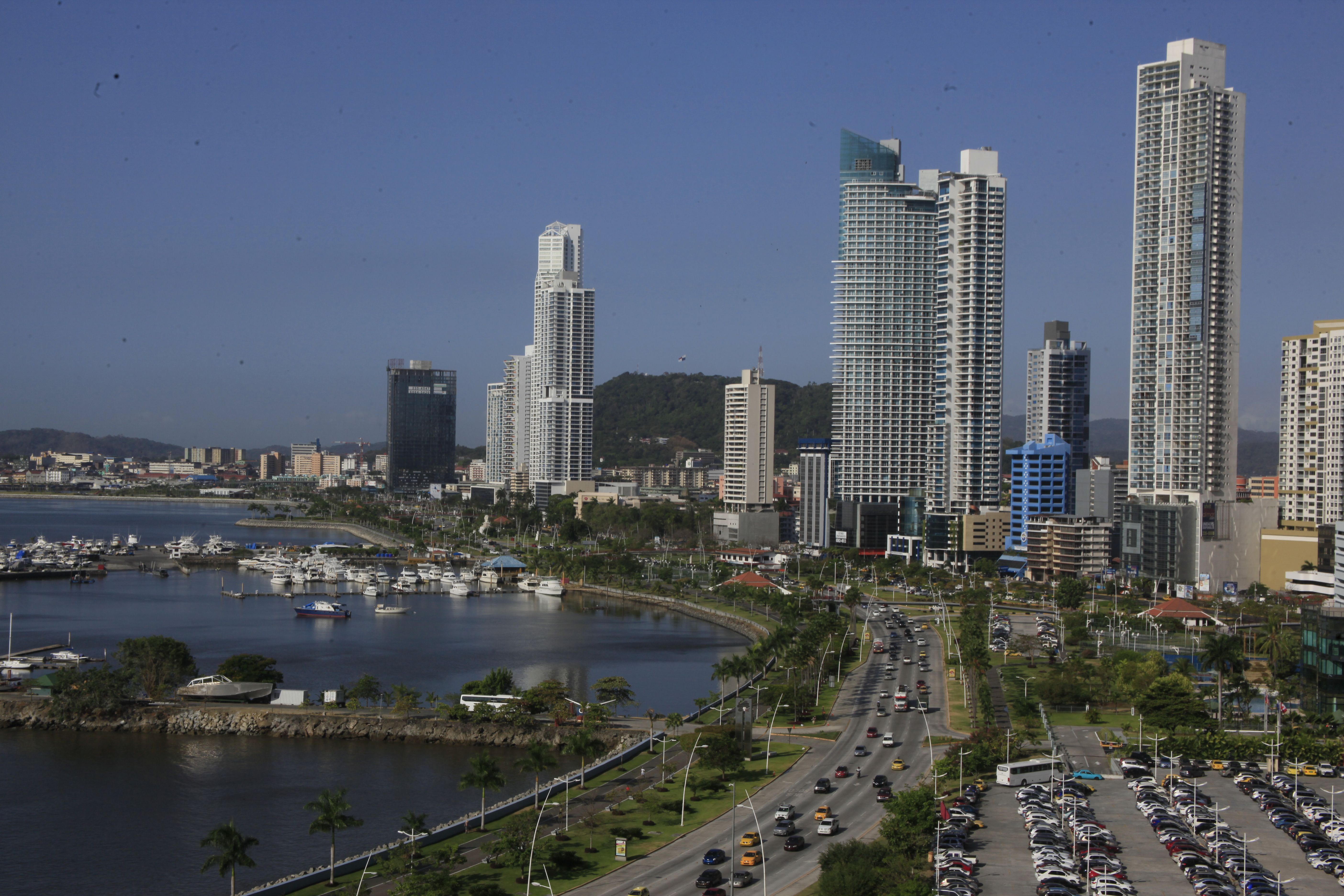Panama out of FATF gray list , but there is still the OECD
- Clarissa Castillo (clarissa.castillo@epasa.com)
- /
- @Claricastillo28
The Financial Action Task Force (FATF) yesterday approved to take Panama off the gray list, having impacted the turnover of economic activities...

Panama out of FATF gray list , but there is still the OECD
The Financial Action Task Force (FATF) yesterday approved to take Panama off the gray list, having impacted the turnover of economic activities...
The Financial Action Task Force (FATF) yesterday approved to take Panama off the gray list, having impacted the turnover of economic activities such as banking, casinos and remittances in more than 50%.
Panama entered the gray list of FATF in June 2014, after he was wrongly assessed by the International Monetary Fund (IMF) in combating money laundering and terrorist financing.
However, yesterday the FATF confirmed that Panama has the legal, regulatory and institutional framework defined in the action plan for the prevention of money laundering, financing of terrorism and proliferation of weapons of mass destruction.
Despite this achievement, yet continuing pressure from the Organisation for Economic Co-operation and Development (OECD), which has called on Panama to reiterate its commitment to the automatic exchange of information, but with the model established, it is ie, at the request of countries and not as Panama seeks to, through bilateral agreements.
At the moment, the country celebrates its output the gray list, "against an unfair inclusion", as noted by the executive vice president of the Banking Association of Panama (ABP), Mario de Diego.
With the new FATF action, the representative of the bank keeps hopes that the country can also leave the lists of Financial Crimes Enforcement Network (FinCEN) of the United States Department of the Treasury.
He also stressed that the new achievement of the country means that as the US banks They are not required to use critical and special for its operations with Panama, which include, first, the correspondent operations criteria.
And it is that being on the list made local banks lost about 21 correspondents from international banks, while other 14 banks operated with one foreign correspondent, as reported by the Superintendency of Banks of Panama (SBP).
Mario de Diego argues that although there is no exact number of losses, to be in that gray list caused serious problems for both banks and commercial customers and individuals, not to mention the moral damage on the International Banking Center, which affected their competitiveness.
However, by eliminating the bad image, the International Banking Center of Panama (CBI) reprises his prestige and appeal to international operators, both for banks and companies interested in establishing themselves in the country, in order to make internal operations, which contribute to economic development.
July Aguirre, former adviser of the MEF, emphasized that this list be brought within the country's serious problems in the financial business correspondent, as some activities of banks were becoming inoperative.
He recalled that this is the second time that Panama is on the gray list of FATF, as it had been included in 2000.
It recommended maintaining the levels at which it has been continuously and upward to return to not get into this list.
El presidente de la Cámara de Comercio, Industrias y Agricultura de Panamá (CCIAP), Carlos Fernández, considera que el trabajo en conjunto entre el sector público y privado debe continuar.
Con esta opinión coincide Ricardo Sotelo, presidente del Sindicato de Industriales de Panamá, al considerar que los servicios son la base de la economía.
Benefits
"Panama was able to pass the test because it has complied with the recommendations and increased credibility, investment security, international confidence, achieved a good rating and excellent evaluation indicators", the economist Raul Bethancourt.
Ernesto Bazan, financial analyst, stressed that it is very important for the country and organizations to take the necessary precautions so that this situation does not recur.
"The country must be attentive to what's coming in the next few months, when it will receive strong pressure from the OECD or through organizations associated with it for greater transparency in the financial side and the fiscal side, which involves major challenges for the country, "the analyst said.
Parallel to the approval of FATF off the gray list, the OECD called on Panama to reiterate its commitment to automatic exchange of information at the request of other countries.
Against this, the Panamanian Association of Business Executives (APEDA) urges the Government not to be intimidated. "Panama is not a tax haven, and therefore he can not be treated as such," he said through a statement.
With these demands, he disagrees president of the National Council of Private Enterprise (CONEP), Julio De La Lastra.
The businessman believes that the exchange of information through bilateral agreements is right.
He said that Panama can not give all the information that other countries will be demanding.
Also, Olmedo Estrada, president of the Association of Economists of Panama, stressed that each country has its own rules and decisions on information management also Panama has international agreements, which must be respected.









Para comentar debes registrarte y completar los datos generales.